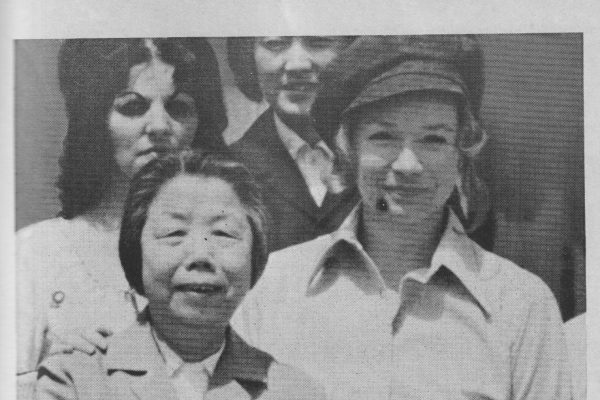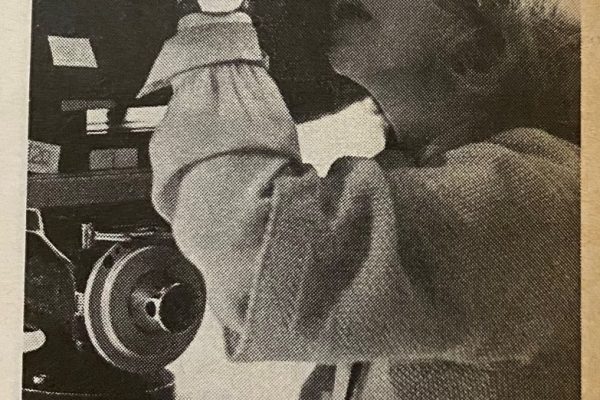Newsweek June 28, 1976
Diana Ross is the glamourous dark horse of the female superstars. Like Barbra Streisand and Liza Minnelli, she projects an electrifying presence on records, stage and screen. She can play the frail sad clown, the virtuous vamp and the gospel preacher who exorts audiences to “Reach Out and Touch.” Fourteen years ago, as lead singer of the Supremes, her high, thin voice propelled three Detroit ghetto girls into the No. 1 female group in the world. But last week, for her opening on Broadway, there was very little soul in sight.
The 32-year-old entertainer shared the Palace stage with two tiers of musicians, mimes and backup singers. The evening, directed by Joe Layton, had a few good theatrical moments, but mostly it ranged from cloying to cute, as much fashion show as a performance. Ross glimmered through eight costume changes, her voice often getting lost in the gimmickry and the glamour. When she suddenly stopped mouthing her hit, “Love Hangover,” her voice continued – on tape. And while Ross laughingly disappeared to change, she was replaced by a life-size Diana cardboard cutout. Only one blissfully unaware of how others see her would so careless parody her own prepackaged plastic image.
Offstage, however, Diana Ross is not plastic – she’s steel. “Why don’t you press people cut the plastic crap?” she said testily in her luxurious Manhattan hotel suite last week. Before her was a carefully indexed black book where Ross jots down ideas. “I’m very organized,” she said. “That’s the way I run my life. You have to take responsibility for your own life to make things happen.”
A lot has happened to Ross in the five years since she left the Supremes. She established herself as a top solo performer, married, had three daughters in quick succession and starred in two movies. She won an Academy Award nomination for her acting debut as Billie Holiday in “Lady Sings the Blues” and made “Mahogany,” a critical clunker but a box-office smash for her record company, Motown. Last week, she filed for divorce from her husband Robert Silberstein, 31, a pop-music manager.
Seven-Year Contract: “I was bored and unhappy when I was pregnant with my last daughter,” said Ross, who prides herself on being a devoted mother. “I missed not having my career.” Today, with two upcoming films and an NBC-TV special for the fall, she can have all the career she wants. She has just signed a new seven-year, multimillion-dollar contract with Motown, founded by her former flame Berry Gordy, in whose iron grip her career has developed.
Ross is sensitive to questions about how much Gordy controls her. “I am Berry Gordy’s career,” she said last week. “He’s my manager. He plans my career and gets me gigs. In the end I make my own decisions.” But Motown still seems to have considerable influence over her life. “We have her signed up for everything, including becoming an astronaut,” says a Motown executive.
Her life today as Boss Lady is a far cry from that of the skinny kid in a Detroit housing project. “When the Supremes hit so fast, it got out of our hands,” she said. “We became a piece of luggage, basically on automatic, always giving the same responses. I don’t have to be guided around anymore and told what to do. Now I’m catching up with myself.” Ideally, Diana Ross would like to divide her year between the road and her home in Beverly Hills. “I don’t feel driven as far as my work goes,” she said. “I’m not selling any more.” But with her carefully orchestrated career and overproduced Broadway show, Diana Ross doesn’t look as if she knows how to stop.
This article is typed from the original material. Please excuse any errors that have escaped final proofreading.





No Comments